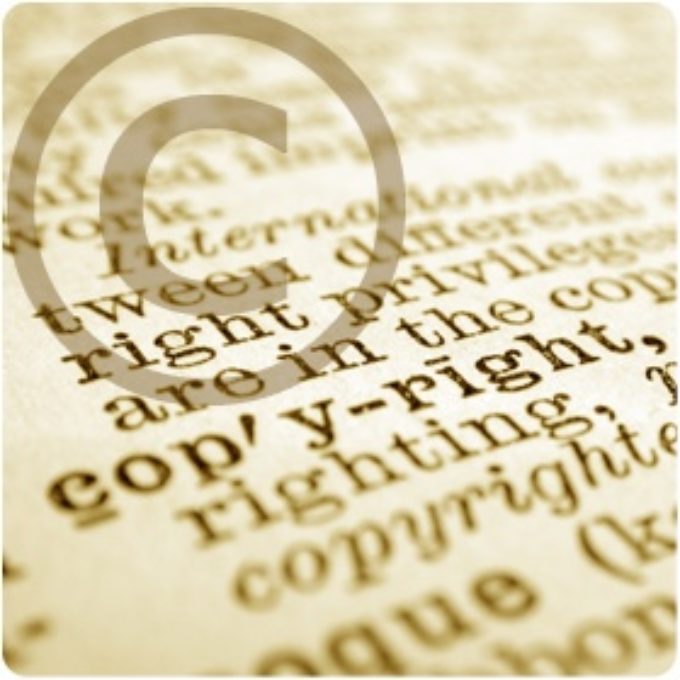In the wake of the release of the sixth round of section 1201 exemptions, both the DMCA and the rulemaking process of Library of Congress continue to draw criticisms and concern about practicality, overreaching, and abuse.
On October 27, 2015, the Library of Congress released its sixth round of official exemptions to the Digital Millennium Copyright Act’s (DMCA) Section 1201, which prohibits circumvention of technological protection measures (TPMs). The DMCA, enacted in 1998, criminalizes production and dissemination of technology, devices, or services intended to circumvent measures that control access to copyrighted works (TPMs). Section 1201 makes it a copyright infringement to bypass a TPM, even if this entails no actual infringement of the copyright itself. The Library of Congress grants exemptions to §1201 every three years in a process known as the triennial review, where proponents of exemptions may seek renewal or expansion of exemptions or the granting of new exemptions in order to circumvent TPMs for non-infringing uses.
The IT Law Wiki provides a useful summary of the §1201 exception process. Notably, in order for an exemption to be granted, the party advocating for the exemption has the burden to prove that the section otherwise interferes with noninfringing use.
Exemptions that made the cut this triennial review included one for video game users and historians to modify online-only games so that they may be accessed once online servers are no longer supported by the rights owner. The Electronic Frontier Foundation (EFF), who championed the successful video game exemption, gives a detailed explanation of its effects. While the EFF expressed optimism that the recent exceptions protects activities that were otherwise “under a legal cloud.” However, the EFF presents a laundry list of technologies still impacted by § 1201, and remains a critic of the exemption process, calling it ‘fundamentally broken and unsustainable’.
The Entertainment Software Association (ESA), in a comment to the Library of Congress regarding the proposed video game exemption, argued that § 1201 protections have contributed to “significant innovation over the last decade.” The ESA accused supporters of the exemption of making generalizations about video game access controls, arguing that while the exemption’s supporters view the controls solely as a means to block access, the controls actually allow “a suite of online network features.”
This rulemaking proceeding and § 1201 in general have drawn harsh criticism and concern that § 1201 favors the property rights of content creators over those of end users. In response to the latest round of exemptions, techdirt called the process ‘insane’, arguing that the DMCA is open to abuse and that the lengthy exception process is impractical. The article harkens back to techdirt's similar criticism of the 2012 round of exceptions, which contained a revocation of the cell phone unlocking exemption. The National Telecommunications and Information Administration (NITA) in its submitted recommendations expressed concern over abuse of the DMCA in the name of security as well as the worrying reach of the Act, pointing out that ‘sixth triennial rulemaking has stood out for its extensive discussions of matters with no or at best a very tenuous nexus to copyright protection’. Successful exemptions during the sixth triennial (summarized by JD Supra) were, in the opinion of Motherboard's Sarah Jeong, characterized by their proponents’ access to legal counsel and manpower, raising concerns about fairness and sustainability.
The full text of the DMCA § 1201 exemptions is available through the Library of Congress here.
